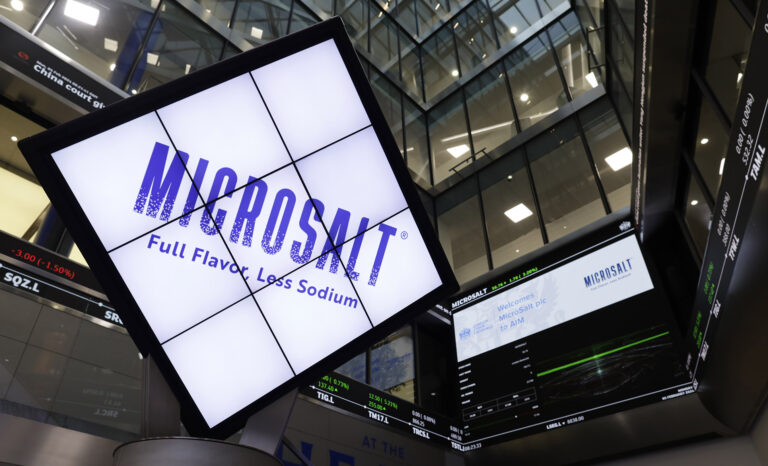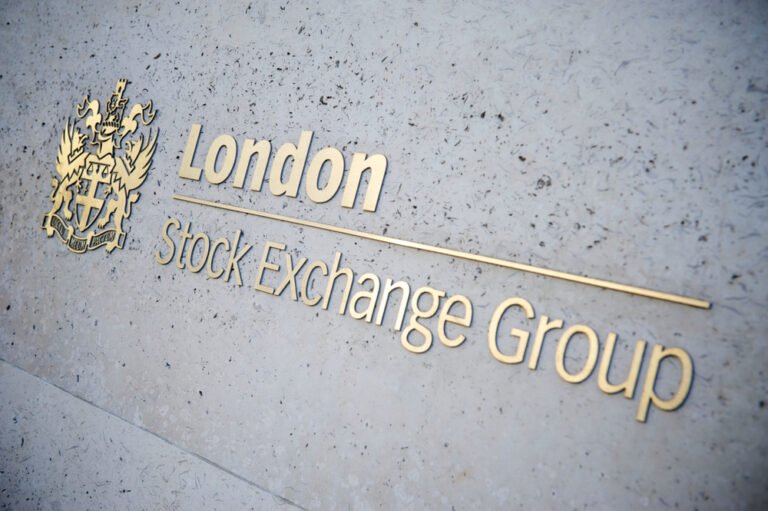Metals One (LON: MT1) is acquiring Uranium Projects, which includes Squaw Creek Uranium Project in Wyoming and the Uravan Belt Uranium-Vanadium Project in Colorado in the US. There is a deficit of uranium supply in the US and vanadium is needed for energy storage. The cost is $100,000 and one million new shares at a 5% discount to the five-day volume weighted price for five days before entering into the term sheet. This is dependent on claims being converted into exploration leases. The share price increased 18.7% to 16.5p.
Rome Resources (LON: RMR) should commence drilling at the Bisie North project in the DRC in the next ten days. This is to identify high grade tin at deeper levels and will cost $1.6m, which is within existing resources. The M23 rebel group has withdrawn from the region enabling activities to restart. The share price is 15.2% ahead at 0.19p.
Animal treatments developer Eco Animal Health (LON: EAH) says 2024-25 pre-tax profit and cash were better than expected. Pre-tax profit is still expected to decline £4.2m to £3.6m. Trading in China recovered in the second half. Cash was £25m at the end of March 2025. Tariffs are not expected to have a large impact on figures. The share price rose 13.1% to 60.5p.
Productivity efficiency software provider ActiveOps (LON: AOM) generated higher than expected revenues for the year to March 2025. The estimate has been raised 4% to £30.4m. Net recurring revenues were 108%. Annualised recurring revenues were 15% ahead despite the loss of a major customer. Net cash was £20.6m at the end of March 2025, which is nearly one-third of the market capitalisation. Pre-tax profit will be flat at £2.1m, with £2.3m forecast for this year. The share price recovered 11.2% to 94p.
FALLERS
IP and translation services provider RWS (LON: RWS) says changes to the mix of work have hit profit. Interim pre-tax profit is expected to slump from £46m to £17m. Net debt was £27m at the end of March 2025. Pre-tax profit guidance for 2024-25 is £60m-£70m. Consensus pre-tax profit had been £97.4m. There was 1% organic constant currency growth in interim revenues, although reported revenues will be slightly lower at £344m, and there should be growth in the full year. Three of the four divisions should grow this year. Regulated industries revenues fell because of delays to life sciences client work and that hit profit margins. The transfer of clients to automated models is adding short-term costs. Interim results will be published on 17 June. The share price dived 41% to 68.1p.
Concrete levelling equipment supplier Somero Enterprises (LON: SOM) is cautious about this year because of global uncertainties affecting buying decisions and the starts of projects. It is cutting 15% of its workforce. Cavendish has cut its 2025 pre-tax profit estimate by 18% to $21.3m, down from $25.4m in 2024. The share price declined 16.3% to 205p.
Software company Checkit (LON: CKT) grew full year revenues by 17% to £14.1m and the loss reduced from £4.2m to £3.8m. Previously announced cost savings of £3m/year will accelerate the move towards generating cash from operations with a loss of £2.2m forecast for 2025-26. There are concerns about delays to decision making by clients. Net cash is set to fall from £5.1m to £2m by the end of June 2026 before improving next year. The share price fell 13.8% to 12.5p.
Identity and verification software provider GB Group (LON: GBG) says full year revenues will improve from £277.3m to at least £283m. The fastest growth was in location services, while fraud prevention revenues declined 4%. Operating profit should be 10% ahead at £67m. Net debt should reduce to £48.5m at the end of March 2025. In the new year, the company will market itself as one brand. The share price slipped 9.74% to 238.75p.
Ex-dividends
Central Asia Metals (LON: CAML) is paying a final dividend of 9p/share and the share price dipped 9.2p to 155.8p.
Mortgage Advice Bureau (LON: LAB1) is paying a final dividend of 14.8p/share and the share price deceased 6p to 794p.
MP Evans (LON: MPE) is paying a final dividend of 37.5p/share and the share price fell 37p to 943p.
Public Policy Holding Company (PPHC) is paying a final dividend of 4.7 cents/share and the share price declined 2p to 131p.
Synectics (LON: SNX) is paying a final dividend of 2.5p/share and the share price slipped 5p to 335p.
Uniphar (LON: UPR) is paying a final dividend of 1.25 cents/share and the share price rose 1p to 235p.










